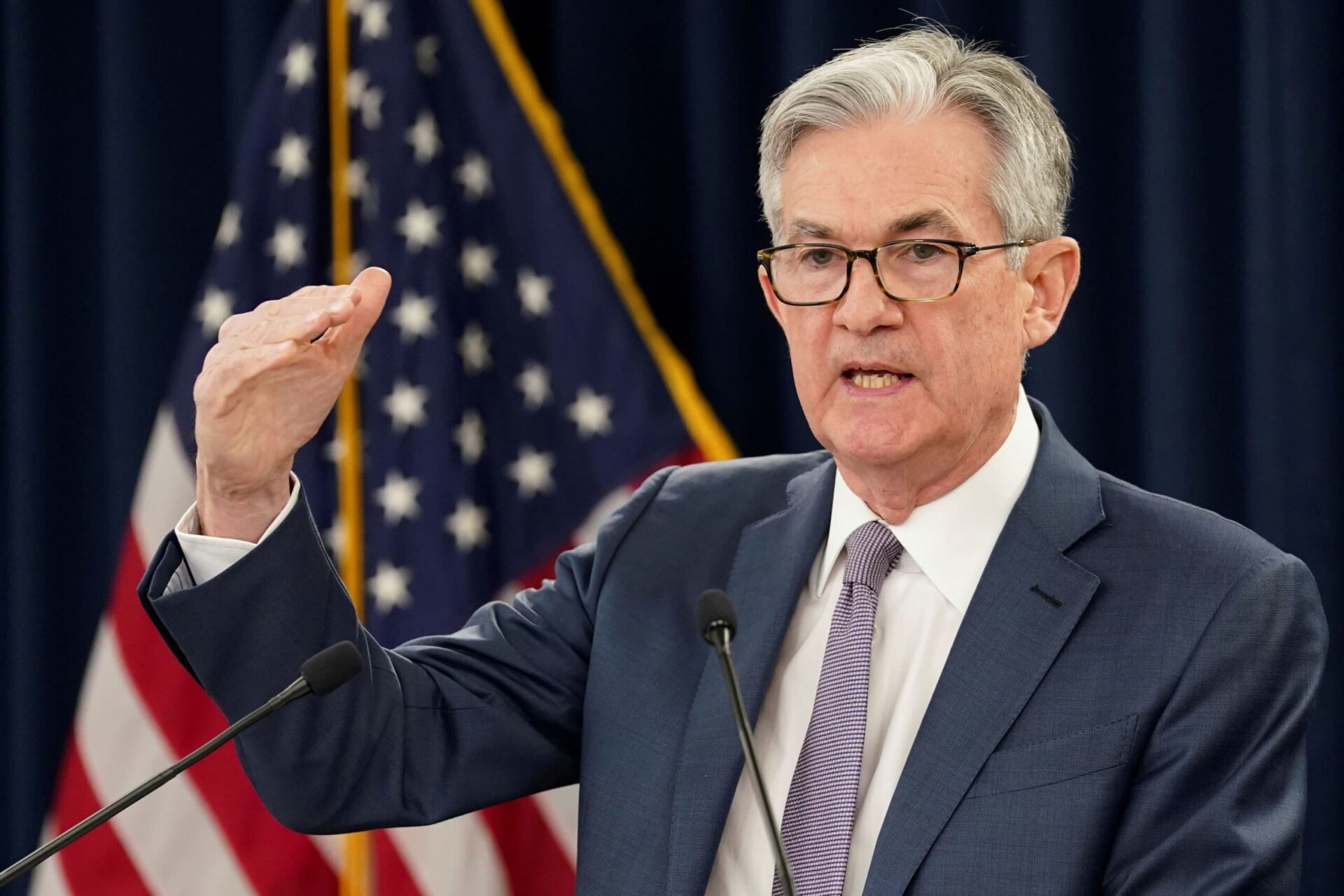By PATRICK LAVERY
Six weeks ago, Federal Reserve Chairman Jerome Powell hinted that although the Fed was, at the time, pausing increases to its target range for the federal funds rate, the rate might be raised again several more times before the end of 2023.
Those waiting to find out if that was a threat or a promise got their swift answer on Wednesday, as Powell announced after the two-day Federal Open Market Committee meeting that the rate would be lifted to 5.25% to 5.5% — the upper figure representing a level not seen since 2001, according to the Associated Press.
Since early 2022, the key rate has risen 5 1/4 percentage points.
“We have covered a lot of ground, and the full effects of our tightening have yet to be felt,” Powell said in remarks prepared for his Wednesday afternoon press conference. “The economy is facing headwinds from tighter credit conditions for households and businesses, which are likely to weigh on economic activity, hiring, and inflation.”
In explaining the rationale behind this latest hike, Powell reiterated the Fed’s long-held desire to rein inflation back to 2%, a goal which he still said “has a long way to go.”
But that extended strategy has, no pun intended, come at a price for the American people, which the Fed also acknowledged on Wednesday.
The 12-month change in the Consumer Price Index was 3.0% as of June, and 4.8% in the core CPI, although Powell said inflation has somewhat moderated in that time. Purchasing power has been affected across the board, and housing has not been immune.
The chairman said that although the housing sector activity has “picked up somewhat,” the rising mortgage rates that have trailed a year and a half of Fed hikes have stalled the real estate market, at least in comparison to a year ago at this time.
“We have been seeing the effects of our policy tightening on demand in the most interest-rate-sensitive sectors of the economy, particularly housing and investment,” Powell said. “It will take time, however, for the full effects of our ongoing monetary restraint to be realized, especially on inflation.”
Once again the FOMC directed the Federal Reserve Bank of New York to reinvest into agency mortgage-backed securities the amount of principal payments from Fed holdings of agency debt and MBS in every month that exceeds a cap of $35 billion.
Powell said during a press conference on Wednesday afternoon that they don’t expect to reach 2% inflation until 2025, and they do not intend to cut rates until next year.
So potential homebuyers waiting on the sidelines for the Federal Reserve to pull back in their battle on inflation may have a long wait.
The good news is that the impact on mortgage rates from this round of hikes appears to be minimal, according to Chief Economist Lawrence Yun of the National Association of Realtors.
“There were no surprises regarding the latest interest rate hike by the Federal Reserve. The impact on the mortgage rate appears to be muted,” Yun said in a statement.
Yun has said the Feds don’t need to continue rising rates and spoke out about this week’s move.
“The Fed, unfortunately, is still using language based on the lagging indicators of ‘robust’ jobs and ‘elevated’ inflation. The Fed funds rate is now 2 percentage points higher than inflation, a rare and very tight monetary policy condition. The unemployment rate is 3.6% compared to 3.4% a few months ago. Inflation is much calmer at 3% compared to 9% last summer. All the while, because of higher interest rates, home sales have fallen, businesses are cutting back on investments, and community banks are under stress,” Yun said.
Read More Articles:
Experts Weigh In: When Mortgage Rates Drop, Will Home Prices Surge?
